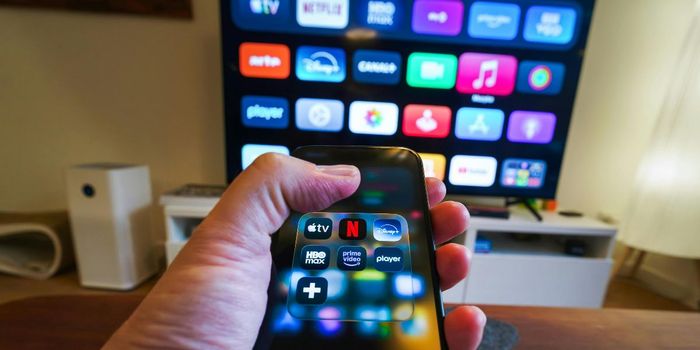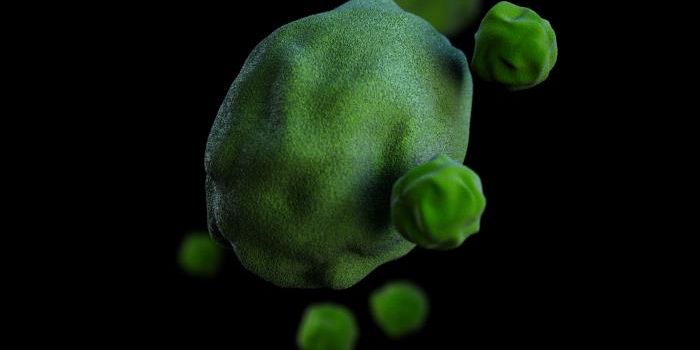At-Home tDCS Depression Treatment Ineffective: Clinical Trial Reports
A recent clinical trial published in JAMA Psychiatry reveals disappointing results in testing the effectiveness of at-home transcranial direct current stimulation (tDCS). Researchers sought to explore the potential of the noninvasive, major depression treatment in a non-clinical setting. The trial ventured into uncharted territory, exploring the effectiveness of smartphone app-delivered behavioral therapy information and fully unsupervised home-use tDCS.
By applying low-current electrical currents to the scalp, tDCS is thought to influence the excitability and plasticity of neurons in the brain and modulate brain function to alleviate major depression symptoms.
Researchers at the Instituto de Psiquiatria do Hospital das Clínicas da Faculdade de Medicina da Universidade de São Paulo, Brazil enrolled 210 participants aged 18 to 59 with major depression to carry out their at-hom tDCS.
Empowered by a smartphone app, participants could receive two forms of digital therapy. First, the app acted as a remote control for their tDCS headset. Users administered tDCS in 30-minute prefrontal sessions for 15 consecutive weekdays and twice-weekly sessions for 3 weeks. Second, the app offered behavioral therapy insights for depression treatment. Through engaging text and video content, the app stepped participants through mindfulness, physical exercise, diet, sleep hygiene, and future planning – all crucial elements in the battle against major depression.
The clinical trial mixed and matched these therapies in a randomized, double-blinded, sham-controlled design that divided participants into three arms. The first arm received home-use tDCS plus a digital psychological intervention (double active). The second arm received home-use tDCS plus a time internet browsing, serving as a digital placebo (tDCS only). The third arm underwent sham home-use tDCS with no electrical current plus a digital placebo (double sham).
While depression scores decreased, they did so across all arms of the study. There were no significant differences in treatment outcomes measured by the Hamilton Depression Rating Scale (HDRS-17) after six weeks. Home-use tDCS with or without digital behavioral therapy provided no benefit above placebo.
Skin redness and heat or burning sensations were reported more frequently in the double-active and tDCS-only groups. Tragically, one nonfatal suicide attempt occurred in the tDCS-only group, underscoring the gravity of the condition and the need for safe, effective treatments.
The implications of these findings are substantial, especially considering that major depression affects more than 300 million people worldwide. Current treatments, such as antidepressant drugs, cognitive behavioral therapy, and noninvasive brain stimulation, are not universally effective or accessible.
While tDCS has shown promise in being a portable, straightforward, and cost-effective modality for major depression, this trial reveals that fully unsupervised home use, even when combined with digital interventions, can not currently offer a breakthrough solution.
In light of these lackluster results, the quest continues in the hope that one day, a transformative solution will emerge to alleviate the burden of this pervasive mental health condition.
Sources: JAMA Psychiatry: 10.1001/jamapsychiatry.2023.4948, ClinicalTrials.gov Identifier: NCT04889976









